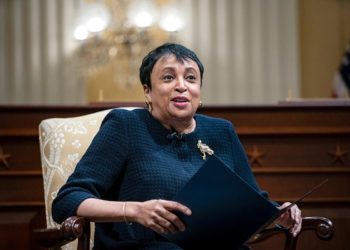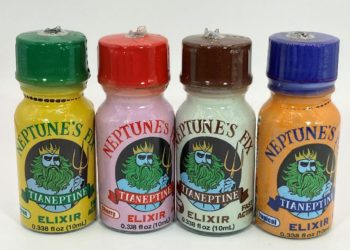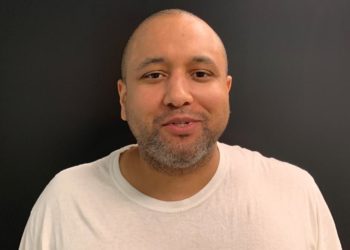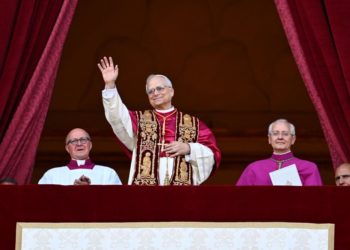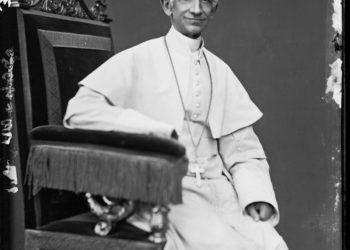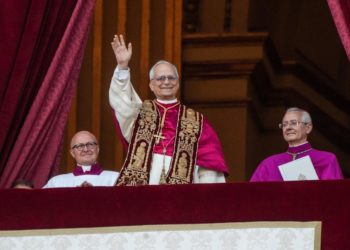Mile-wide underwater volcano ready to erupt off the West Coast
Sign up for CNN’s Wonder Theory science newsletter. Explore the universe with news on fascinating discoveries, scientific advancements and more.Things...
Global militaries to study India-Pakistan fighter jet battle
By Tim Hepher and Mike Stone(Reuters) -A dogfight between Chinese-made Pakistani jets and French-made Indian Rafale fighters will be closely...
Trump abruptly fires Librarian of Congress
WASHINGTON—President Donald Trump fired the Librarian of Congress, Carla Hayden, on Thursday, according to a copy of her termination email...
FDA issues warning against tianeptine use, also called ‘gas station heroin’
This article discusses suicidal ideation. If you or someone you know is struggling or in crisis, help is available. Call...
Cancer before age 50 is increasing. A new study looks at which types
Cancer before age 50 is rare, but increasing, in the United States and researchers want to know why.A new government...
Autopsy suggests South Carolina botched firing squad execution
A South Carolina firing squad botched the execution of Mikal Mahdi last month, with shooters missing the target area on...
Parkinson’s disease prevention may ‘begin at the dinner table’
Eating about a dozen servings of ultraprocessed food each day could more than double your risk of developing Parkinson’s disease,...
Detroit Three automakers blast Trump UK trade deal
By David Shepardson and Kalea Hall WASHINGTON/DETROIT (Reuters) -A group representing General Motors, Ford and Stellantis blasted President Donald Trump's...
‘Like the Cubs winning the World Series’
As white smoke billowed from the Vatican in Rome, yellow papal flags whipped in the crisp Lake Michigan breeze in...
What’s in a name? Why the new pope chose to be Leo XIV
Why did the first American to be elected pope, leader of the world's 1.4 billion Roman Catholics, choose Leo for...



